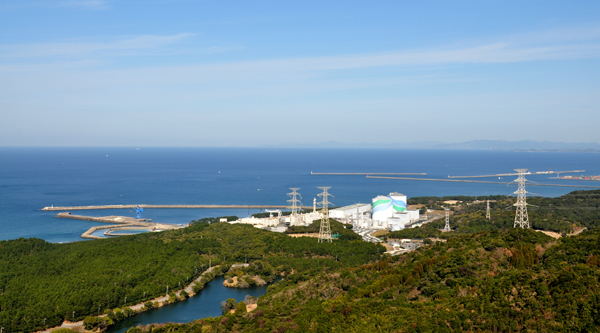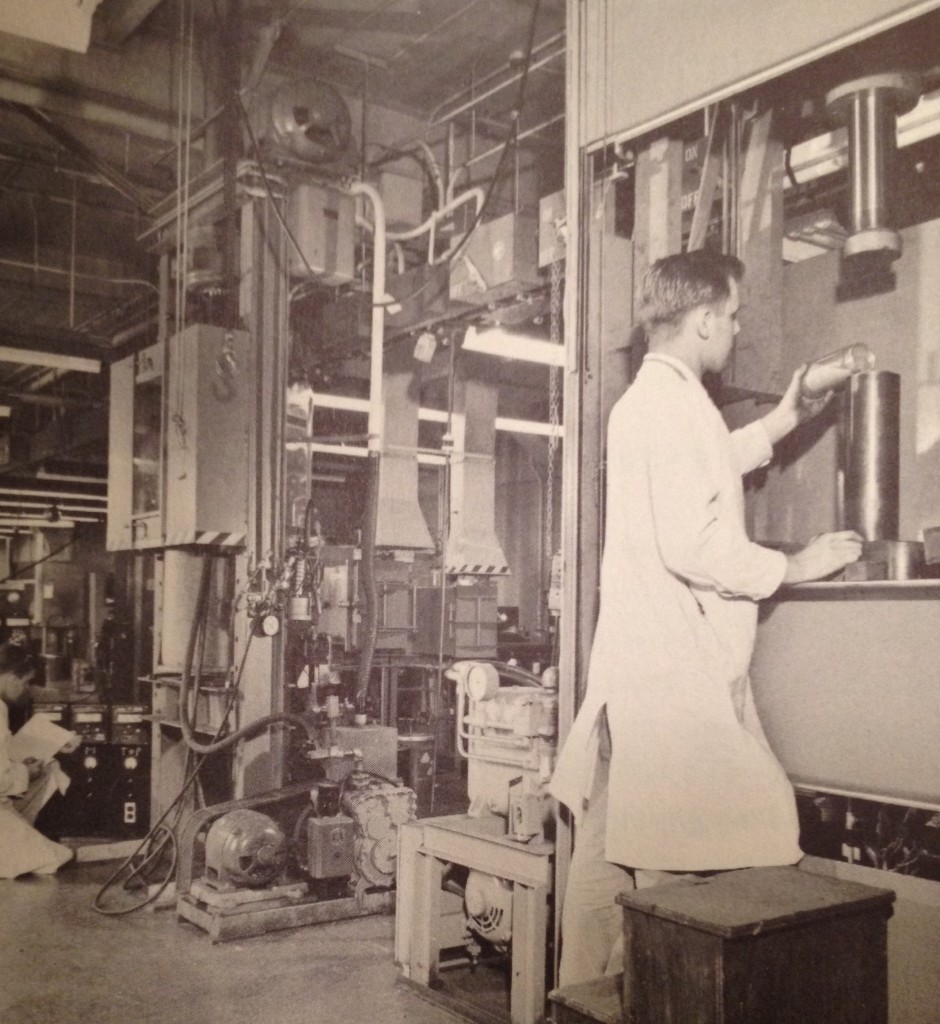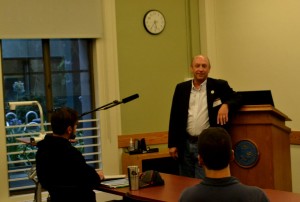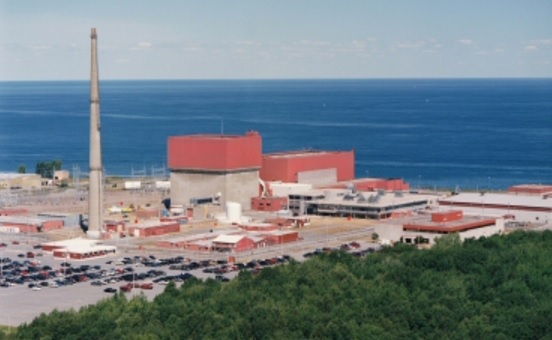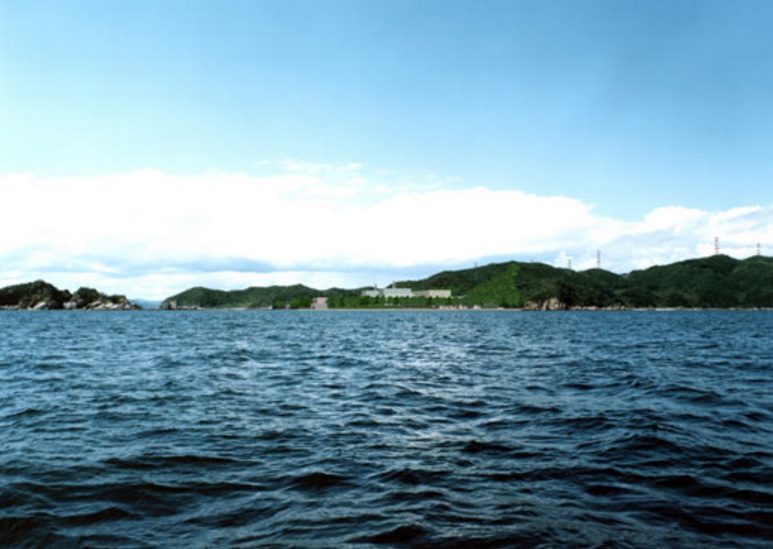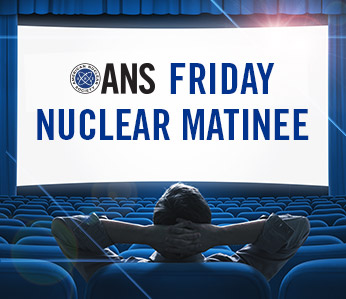How the Fear of Nuclear Power is Hurting the Environment
Today's Friday Nuclear Matinee video of climate policy expert Michael Shellenberger comes to us from TED.com. "We're not in a clean energy revolution; we're in a clean energy crisis," says climate policy expert Michael Shellenberger. His surprising solution: nuclear. In this passionate talk, he explains why it's time to overcome longstanding fears of the technology, and why he and other environmentalists believe it's past time to embrace nuclear as a viable and desirable source of clean power. Enjoy the 14 minute video.


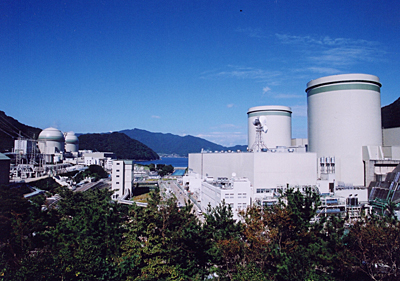
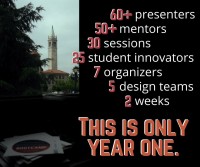 To increase the presence of nuclear energy as a clean energy source in the United States and around the world, we need new ideas, we need old ideas in the form of new companies, and we need technologies to make the leap from the lab bench or computer simulations to the real world. The
To increase the presence of nuclear energy as a clean energy source in the United States and around the world, we need new ideas, we need old ideas in the form of new companies, and we need technologies to make the leap from the lab bench or computer simulations to the real world. The 